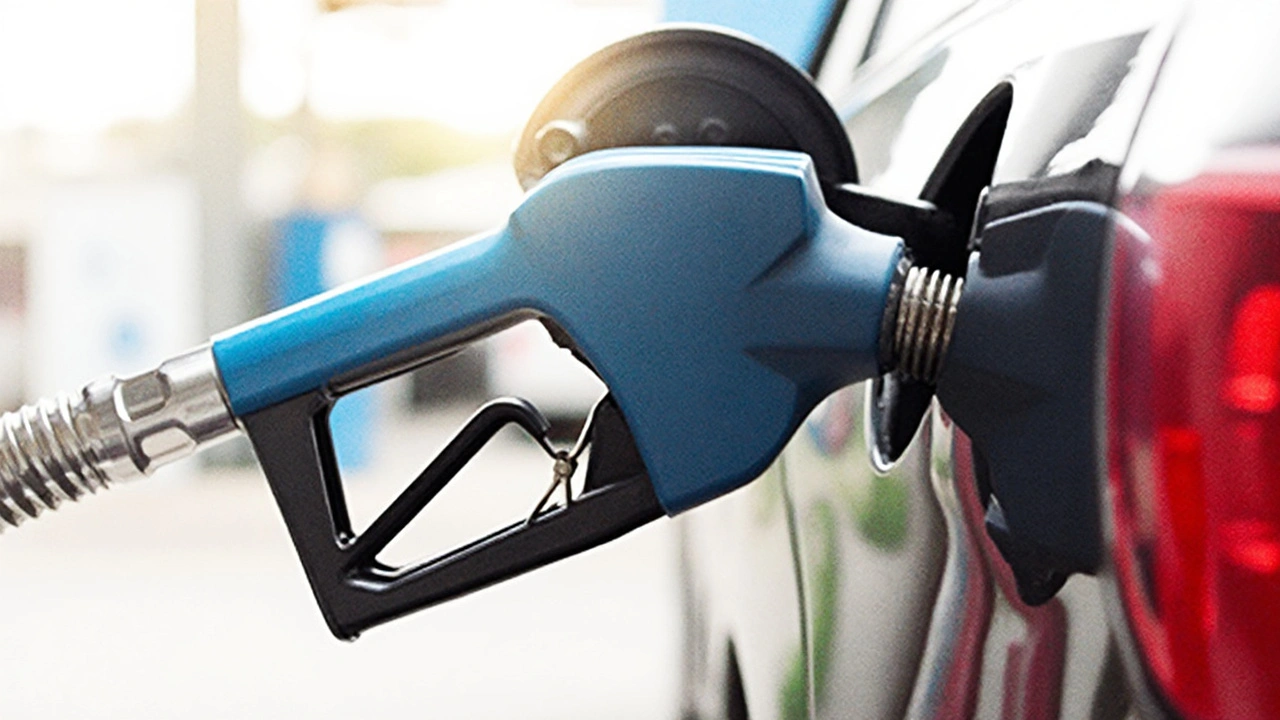Fuel Prices Slashed in Kenya Amid Global Oil Decline

In Business
The Energy and Petroleum Regulatory Authority (EPRA) in Kenya has unveiled a significant reduction in fuel prices for the ongoing March-April 2025 cycle. This update, effective from April 15 to May 14, aims to bring some relief to consumers amidst a global trend of declining oil prices and stable currency exchange rates. Navigating this evolving landscape, EPRA has managed to secure cuts across the board, from Super Petrol to Diesel and Kerosene.
For Nairobi residents, this means Super Petrol is now priced at approximately Sh174.63 per liter, Diesel costs Sh164.86, and Kerosene is available at Sh148.99 per liter. These reductions of Sh1.95 for Super Petrol, Sh2.20 for Diesel, and Sh2.40 for Kerosene may seem modest at first glance. However, when aggregated over time and across various sectors, these adjustments are expected to alleviate some of the financial pressures faced by motorists, businesses, and households relying on these fuels.
Global Oil Price Trends and Local Impact
EPRA's decision aligns with the broader global trend of declining oil prices. The past year has seen a noteworthy drop in international oil rates. Super Petrol prices have descended from $927 per tonne to $683.89 per tonne, Diesel from $737.49 per tonne to $616.51 per tonne, and Kerosene from $783.98 per tonne to $654.92 per tonne. Complementing these declines, Murban Crude Oil's price dropped from $89.14 per barrel to $80.22 per barrel.
Such reductions are underpinned by more affordable import costs and a stable USD/KES exchange rate, which has lingered between 129.66 and 134.63 over the past year. This stability is crucial, as it ensures that price reductions are passed onto the consumer without jeopardizing the market's sustainability. EPRA emphasizes that maintaining this balance is key to ensuring fair pricing while still supporting importers and marketers in the region.
Regional Variations and Consumer Relief
While Nairobi enjoys these favorable adjustments, regional variations are important to note. Coastal towns such as Mombasa, Kilifi, and Malindi face slightly elevated prices due to logistical factors. This highlights the logistical nuances that affect fuel distribution across the country, emphasizing the complexity of maintaining uniform pricing nationwide.
The broader objective behind these price adjustments is to provide tangible financial relief to various sectors impacted by fuel costs. From easing the burden on daily commuters and industries to supporting households heavily reliant on kerosene for cooking, EPRA's move is a strategic attempt to cushion the Kenyan population against the rising cost of living, driven significantly by fuel expenses.
Write a comment